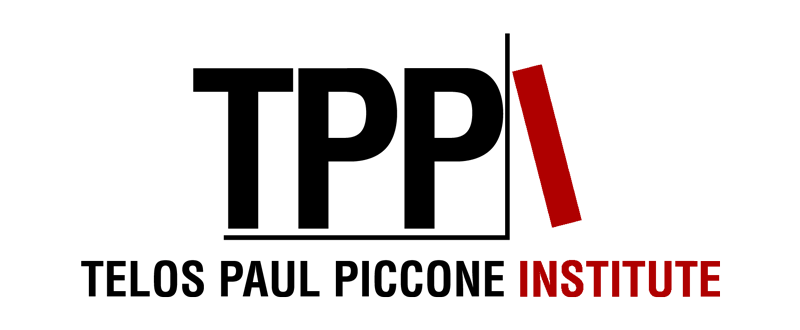China Keywords
A TPPI Webinar Series
Part of the Telos China Initiative
Webinar 5: Information Sovereignty (xìnxī zhǔquán, 信息主权)
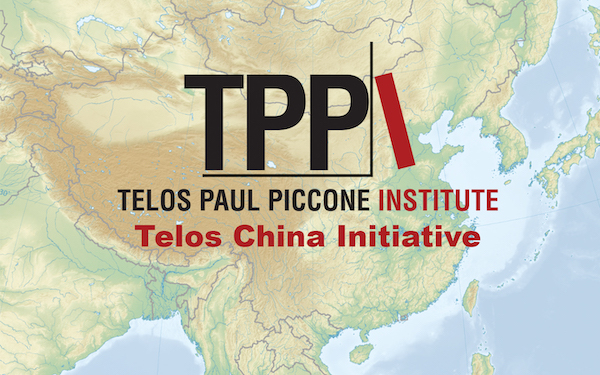 The fifth webinar of the Telos-Paul Piccone Institute’s “China Keywords” series, presented in cooperation with the Danube Institute, will take place on Monday, November 18, from 10:00 to 11:30 Eastern Time (16:00 to 17:30 Central European Time).
The fifth webinar of the Telos-Paul Piccone Institute’s “China Keywords” series, presented in cooperation with the Danube Institute, will take place on Monday, November 18, from 10:00 to 11:30 Eastern Time (16:00 to 17:30 Central European Time).
Register for the webinar here!
About the Webinar
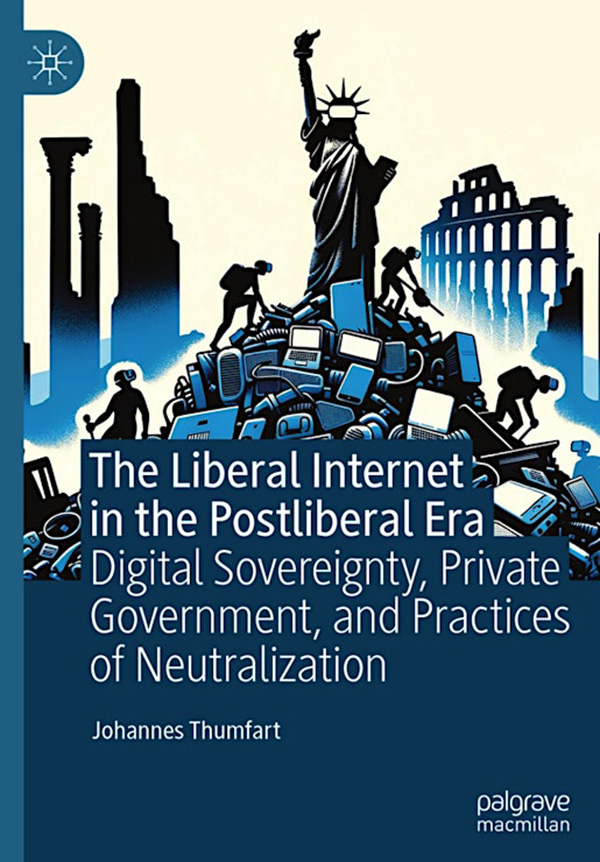 Chinese academics were early pioneers of the idea of “information sovereignty” or “network/cyber sovereignty,” while China’s Great Firewall today epitomizes the internet’s postliberal multi-polarization. The discourses of digital sovereignty are of urgent importance to political thought inside and outside China, as Dr. Johannes Thumfart shows in The Liberal Internet in the Postliberal Era: Digital Sovereignty, Private Government, and Practices of Neutralization (Palgrave Macmillan, 2024). Thumfart joins us to discuss his findings and theorizations, followed by a response from Mark Stahlman and discussion with our audience.
Chinese academics were early pioneers of the idea of “information sovereignty” or “network/cyber sovereignty,” while China’s Great Firewall today epitomizes the internet’s postliberal multi-polarization. The discourses of digital sovereignty are of urgent importance to political thought inside and outside China, as Dr. Johannes Thumfart shows in The Liberal Internet in the Postliberal Era: Digital Sovereignty, Private Government, and Practices of Neutralization (Palgrave Macmillan, 2024). Thumfart joins us to discuss his findings and theorizations, followed by a response from Mark Stahlman and discussion with our audience.
Thumfart’s book begins with an examination of the internet as a central institution of the post–Cold War liberal order. From this starting point, he analyzes the contemporary rise of digital sovereignty in Asia and Europe, alongside the establishment of private government within digital networks. He interprets these phenomena as indications of an emerging postliberal era. Thumfart engages with a wide array of empirical research and assesses liberal ideals such as state and net neutrality by discussing thinkers such as Hegel, Schmitt, Mouffe, Taylor, Sandel, Fukuyama, Anderson, Jasanoff, and Girard, as well as network and rational choice theories. He contends that the internet's reification of liberal values has, paradoxically, subverted these values and catalyzed the transition to postliberalism. Thumfart suggests that instead of adhering to the traditional liberal focus on neutrality, states should adopt the more flexible approach of neutralization to respond to the complexities of this digital and postliberal era.
Our formal conversation will last one hour, but the entire webinar has been scheduled for 90 minutes to allow for flexibility and for our traditional informal gathering among attendees after the conclusion of the formal event.
Participant Biographies
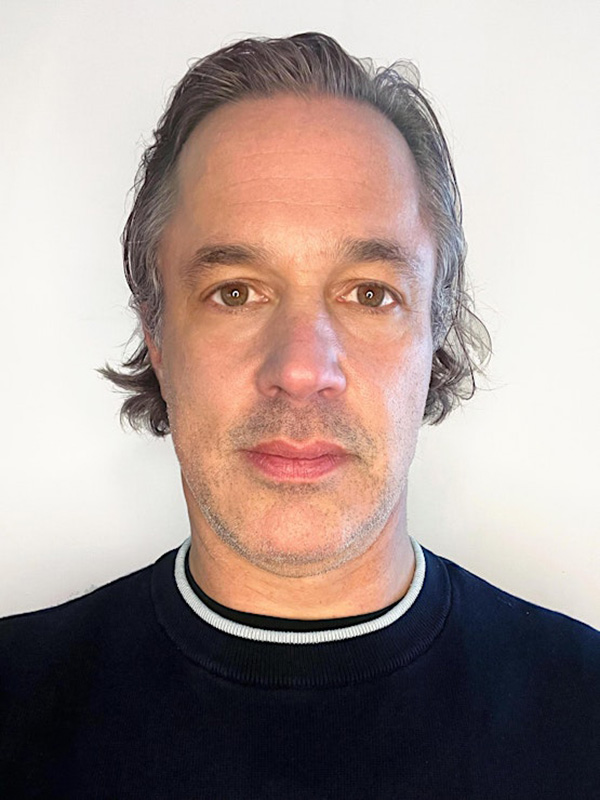 Johannes Thumfart works at the intersection of Science and Technology Studies and security studies, political philosophy, international law, and intellectual history. He is a fellow at the research group Law, Science, Technology, and Society (LSTS) at Vrije Universiteit Brussel. His research has been published in the Journal of Global Security Studies, Global Studies Quarterly, Grotiana, and AI and Ethics. He has held academic positions in Berlin, Paris, Mexico-City, and Cincinnati.
Johannes Thumfart works at the intersection of Science and Technology Studies and security studies, political philosophy, international law, and intellectual history. He is a fellow at the research group Law, Science, Technology, and Society (LSTS) at Vrije Universiteit Brussel. His research has been published in the Journal of Global Security Studies, Global Studies Quarterly, Grotiana, and AI and Ethics. He has held academic positions in Berlin, Paris, Mexico-City, and Cincinnati.
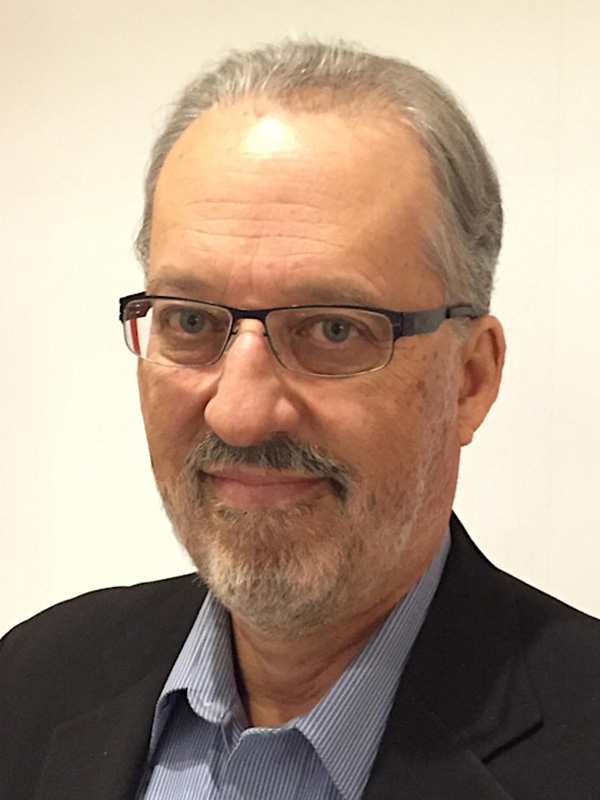 Mark D. Stahlman is a biologist, computer architect, and ex–Wall Street technology strategist. He is the President of the not-for-profit Center for the Study of Digital Life (CSDL, digitallife.center) and co-founder of its educational project Trivium University (TrivU, trivium.university). He is also CEO of Exogenous, Inc. (EXO, exogenousinc.com), a strategic risk analysis group, and on the editorial staff of its Substack publication, EXO: Digital Bomb!. He is the godson of cybernetics founder Norbert Wiener, and he considers CSDL to be a continuation of Wiener’s “Genius Project.”
Mark D. Stahlman is a biologist, computer architect, and ex–Wall Street technology strategist. He is the President of the not-for-profit Center for the Study of Digital Life (CSDL, digitallife.center) and co-founder of its educational project Trivium University (TrivU, trivium.university). He is also CEO of Exogenous, Inc. (EXO, exogenousinc.com), a strategic risk analysis group, and on the editorial staff of its Substack publication, EXO: Digital Bomb!. He is the godson of cybernetics founder Norbert Wiener, and he considers CSDL to be a continuation of Wiener’s “Genius Project.”
Moderating our event will be Dutch sociologist Eric Hendriks, the director of TPPI's China Initiative, streaming live from Budapest, where he is a Danube Institute fellow.
How to Register
Registration via Eventbrite is required. Register for the webinar here!
After registering, you will be given an option to retrieve your tickets to the event. You will also receive a reminder via email both two days and thirty minutes before the webinar.
This event is free for participants, but as an independent, non-profit organization, the Telos-Paul Piccone Institute relies on your generosity. Would you please consider a charitable donation to TPPI, which is tax deductible in the United States? Small donations underwrite the digital infrastructure for events like these. You can support our work here.
For more information about the Telos-Paul Piccone Institute's China Initiative, click here.
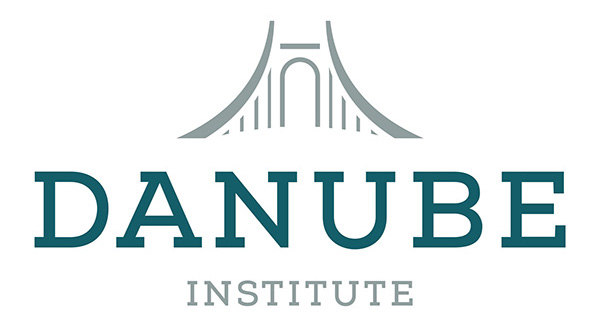 The Telos-Paul Piccone Institute is pleased to present this webinar in cooperation with the Danube Institute.
The Telos-Paul Piccone Institute is pleased to present this webinar in cooperation with the Danube Institute.
